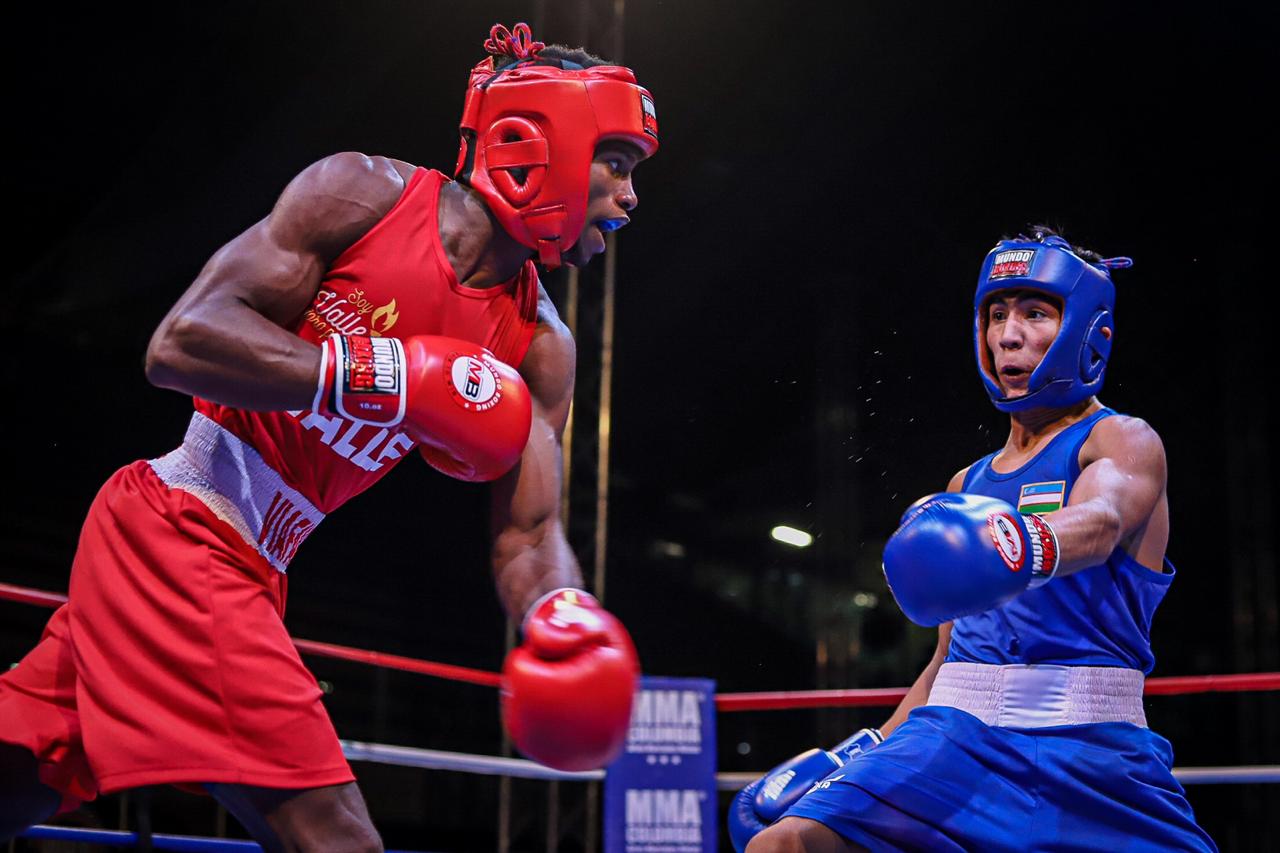In the mental preparation process and the self-regulation of any athlete’s behavior, motivation is a key element. This is because motivation guides and directs the athlete to the adoption of attitudes aimed to the achievement and attainment of goals.
Not only by having positive, healthy and competitive attitudes does the athlete have it all, he also needs to set goals and design a plan to achieve his ambition.
So having a plan and a high level of commitment and responsibility, motivation will give the athlete a boost to their sporting performance, both in training and in competition, and will further help them to give meaning to their effort, skills, physical abilities, emotions, thinking and experiences.
At this point it is necessary to emphasize that the motives that lead an athlete to start, maintain and seek to excel in a sport discipline will depend on both himself and the sport discipline he has chosen.
Now, considering boxing as an environment intended for the achievement of objectives through competition, and considering the main theory of achievement motivation, we can highlight the following as the main components of motivation in boxing:
Personality factors, where the boxer’s reason for the effort is found, whether it is the pursuit of achievement or the avoidance of the embarrassment of defeat; and situational factors, probability of success in combat and the value of each task as an incentive for oneself, both factors belong to Atkinson and McClelland’s theory of achievement motivation.
Result’s attribution, the explanation the boxer will have about his performance and positive or negative results, will be attributed to internal factors (personality traits, belief system, thinking patterns and emotion regulation), as well as to external factors (luck, other people, etc.), this component belongs to Heider’s Attribution Theory.
Self-perception of efficacy, which can be the positive or negative impression the boxer has about his performance, this component is described in Bandura’s self-efficacy theory.
Performance expectations, i.e., the boxer’s assessment of achievement or failure of his or her sporting ability and boxing performance, this component is the basis of Vroom’s Theory of Expectancy.
When the boxer knows the reasons for his effort, understands that he must have self-regulated behaviors, knows the value of his effort with the probability of success, and understands that the results depend entirely on factors attributable to himself; then, he can have a positive perception of his capabilities and performance, so that the appreciation of his presentation will be aimed at achievement.
The knowledge of these components allows a quality mental preparation for the technical and tactical improvement of the boxer, as well as the assimilation of the requirements for an excellent performance in each fight.
To conclude, it is worth bearing in mind that, just as motivation is important in mental preparation, the boxer’s self-knowledge is fundamental in his quest for success, but we will talk about that in our next article.

















